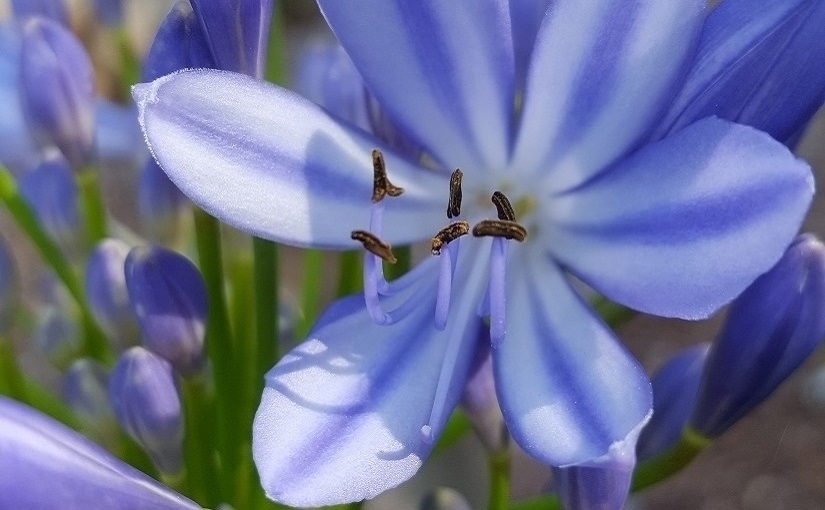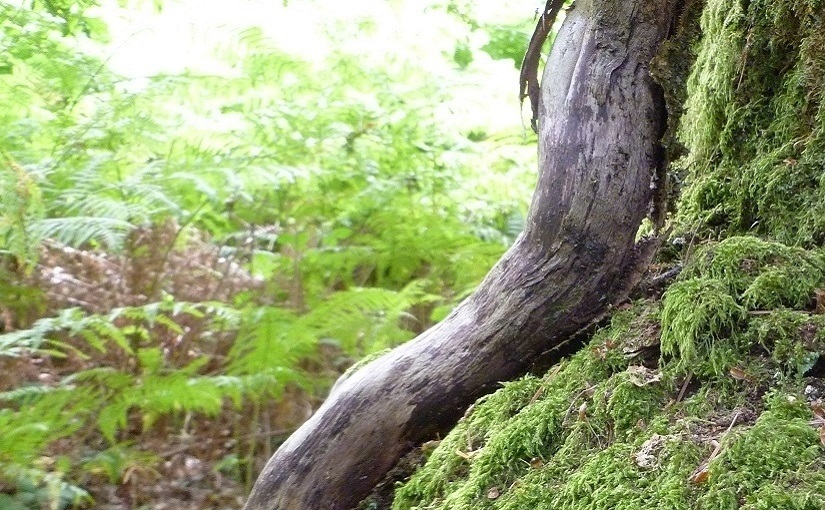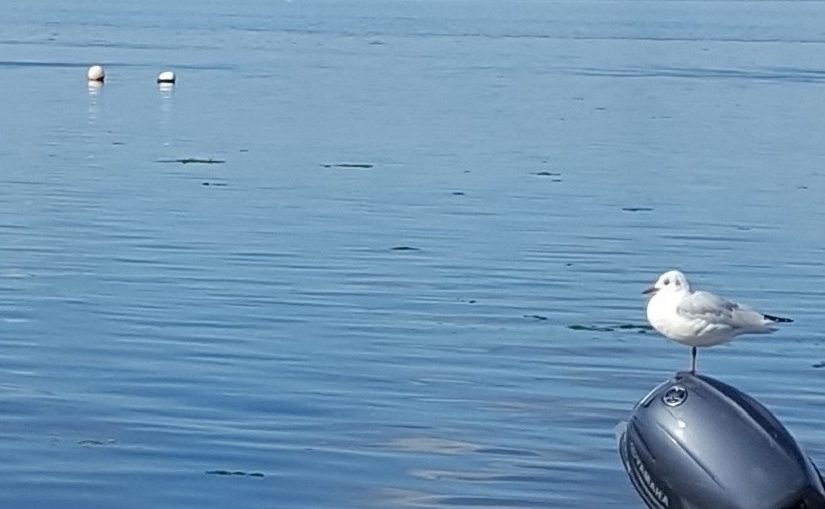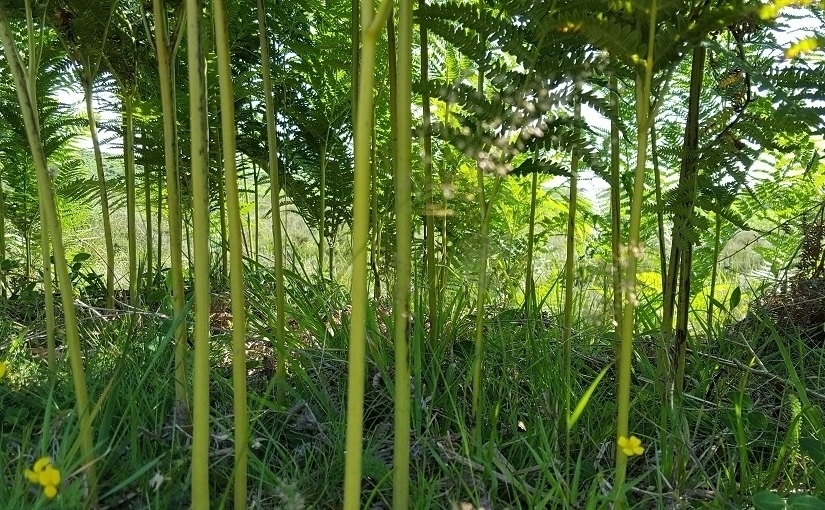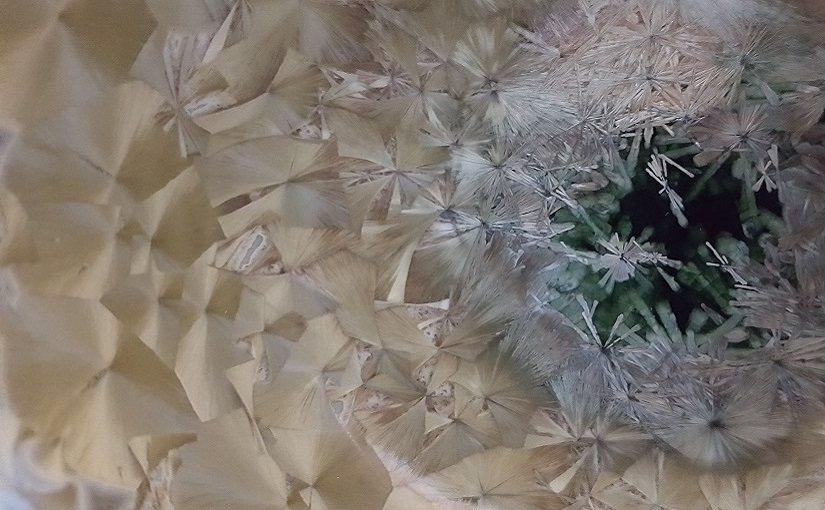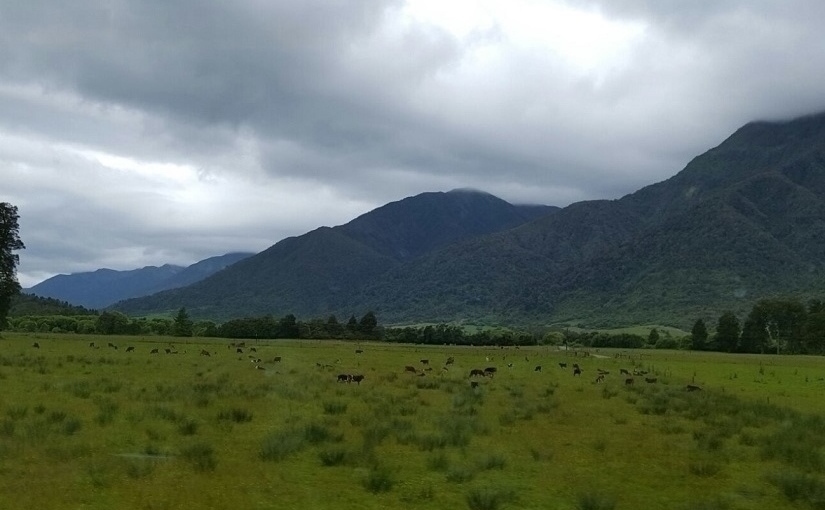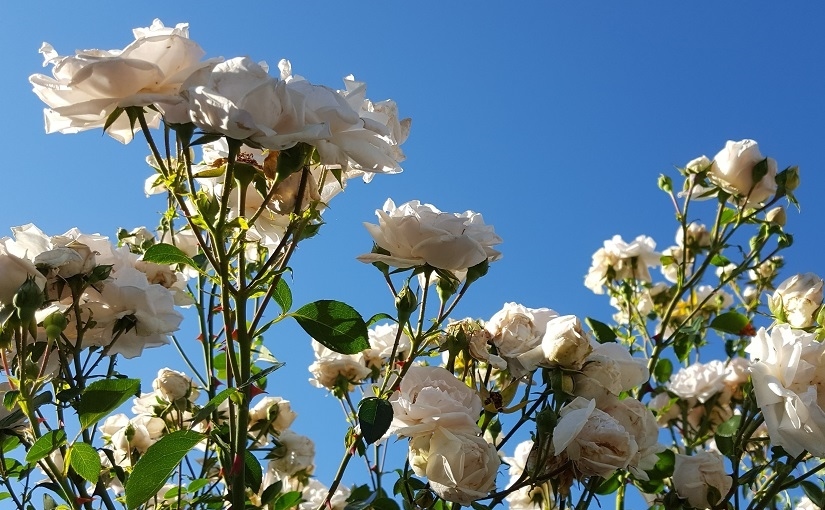It’s an interesting question: what we have the right to ask. Are there some things we can’t draw into question? And, if so, does that mean they’re things that can no longer be questioned or things we’re not encouraged to understand? Maybe we’re supposed to take some things as given, a basic foundation laid out before our time that cannot be altered.
In trying to understand life, you’re obviously going to come up against the fundamental ideas of society: the conversations that happened at its inception, the people involved and the systems they put in place. That’s essentially where the ball started rolling; gathering with it the impacts it’s had over the years, and a broad sense of the validity of the initial intentions and how well they’ve worked out.
And, generally speaking, Western society’s often presented as this high point of progress where individuals are free to pursue their own interests without much interference over what they choose or believe about life. We’re free to think, to weigh up, to decide for ourselves. I suppose it’s the force behind all the modern marketplaces, and the reason information’s so important.
But then, as life within society gets so complex and interconnected with global systems of various natures, how are we to evaluate our choices and be sure of the right paths? It’s surely becoming a massive undertaking to unravel all the connections and see things for what they really are (see Notes One). And it’s something that affects all branches of life, as we’re swept along with the pace of changes (Notes Two).
Because, while we clearly have the capacity to understand, there may well be limits to how much we can process without damaging our ability to live productive and happy lives (Notes Three). If that’s the case, do we then decide to place some things outside the realm of our concern – to defer responsibility to others?
Maybe we do, maybe that’s the answer: that this is a collective project where we must trust others to operate by certain standards, along similar lines, and that our overarching systems of governance and regulation have it all suitably in hand. Trust itself is interesting though, especially given how many of the more moral or traditional constraints have been lifted off Western shoulders.
And all this is truly a genuine question, as many posts I’ve referenced have pondered the extent of our responsibility towards the systems we live within. The issue of how far we can be considered responsible for those things we sustain, allow, support, benefit from, or turn a blind eye to is pretty fascinating and also quite pertinent to our times (Notes Four).
If we’re intelligent beings – capable of understanding – and information is available to us, then are we expected to cut through all the white noise of advertising, media, modern culture, and the pace of life in order to get to grips with it? And, if we can, do our choices even have the power to shift things?
Notes and References:
Note 1: The philosopher stance
Note 1: What if it all means something?
Note 1: Complexity of life
Note 2: Meaning in culture
Note 2: Technology & the lack of constraint
Note 2: Ideas around education & responsibility
Note 2: Modern media and complex realities
Note 3: “Brave New World Revisited”
Note 3: “Paradox of Choice”
Note 4: Responsibility in shaping this reality
Note 4: Tell me why I should

